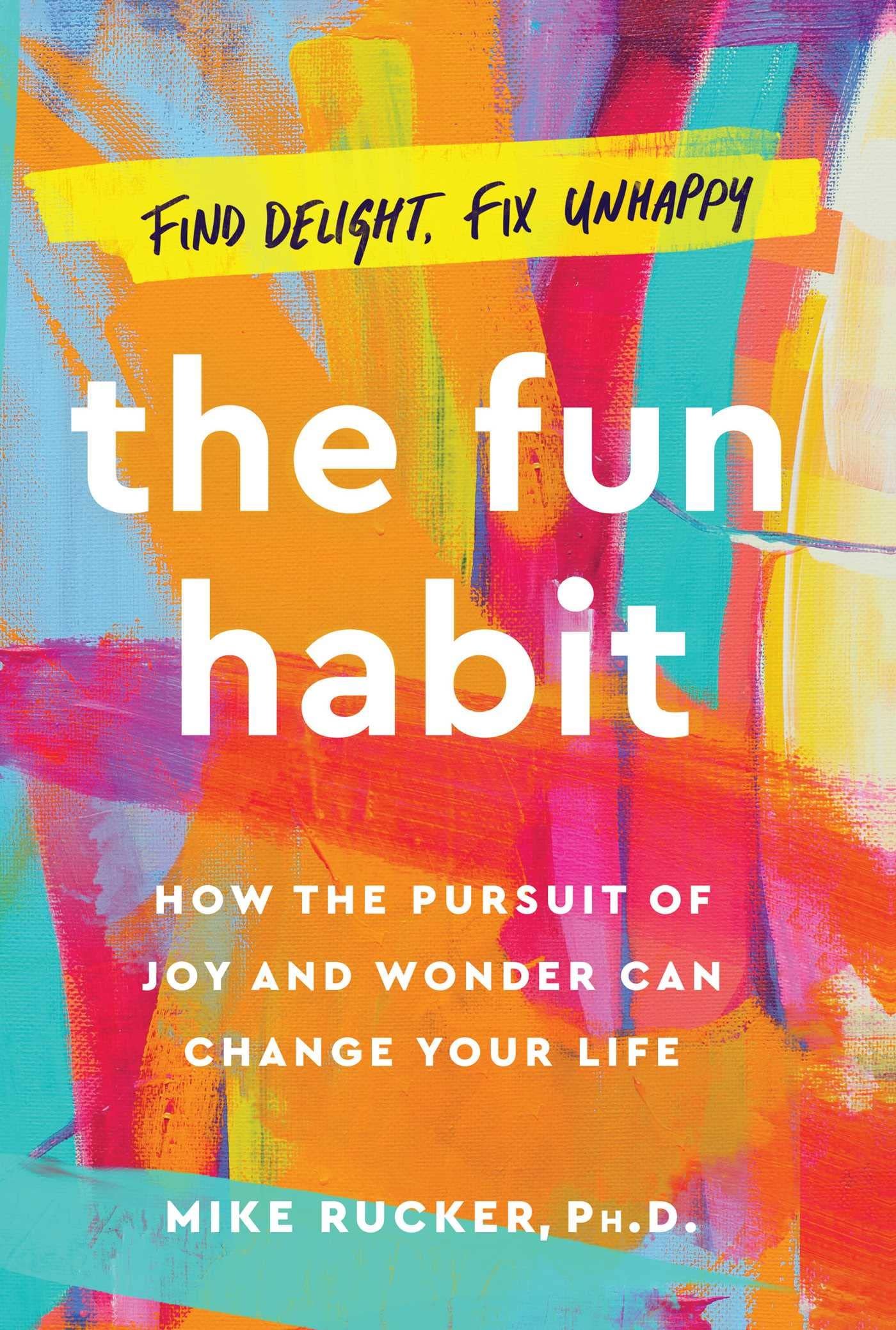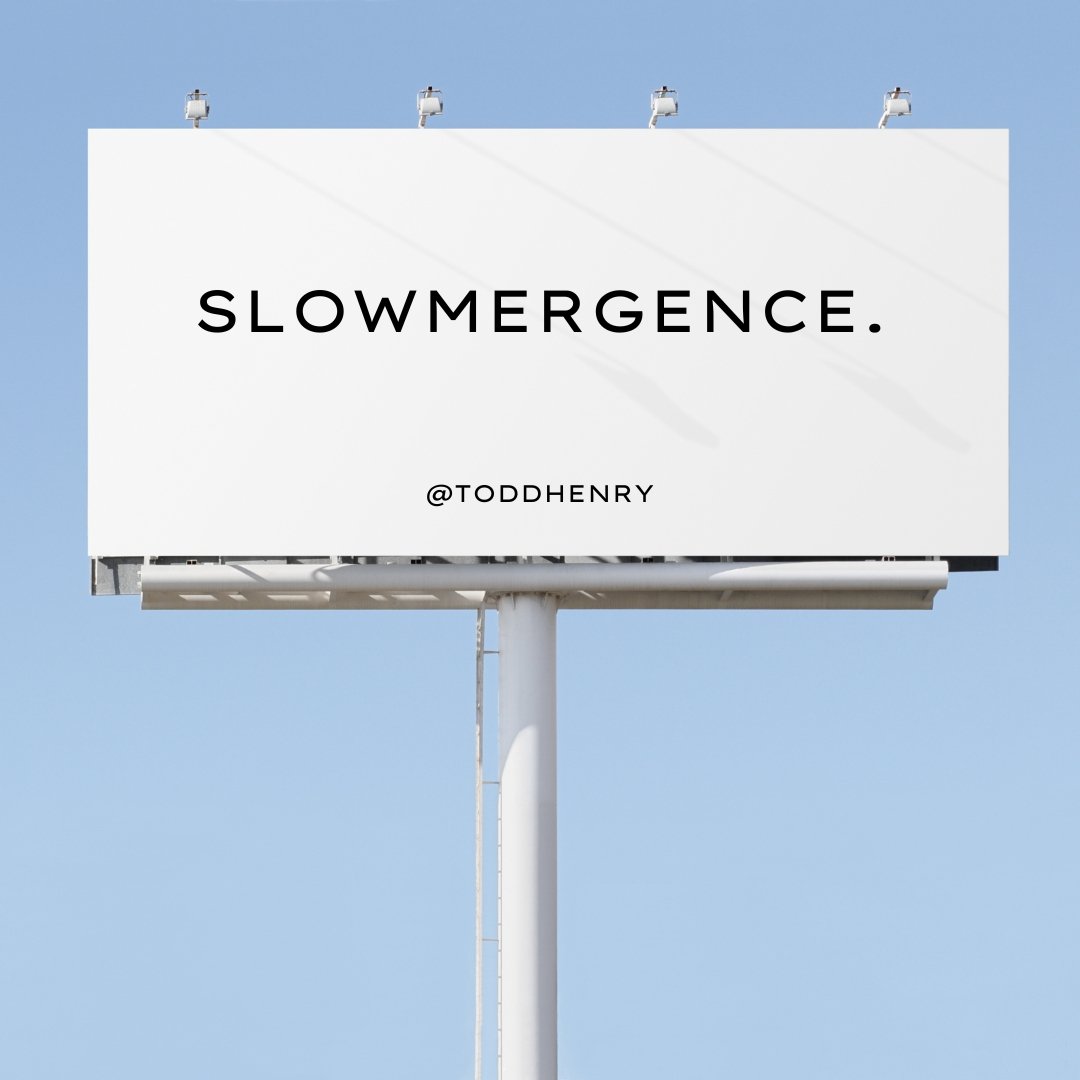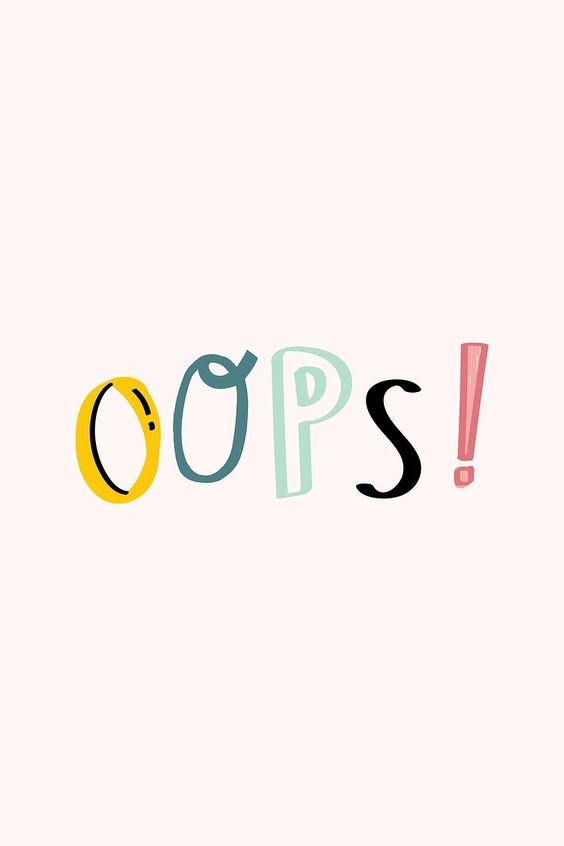What is the value of letting go? In many circumstances, your willingness to let go can reduce frustration and enhance your daily life. Let go when you are:
Stuck
Overwhelmed
Burdened by the past
Weighed down by physical stuff
Distressed by non-supportive processes, relationships, and environments
Determined to be present or move forward
I curated a small collection of my favorite letting-go quotes from Yung Pueblo, Chuck Palahniuk, Todd Henry, and Hans Hoffman. Each idea highlights a unique aspect of releasing.
When you allow yourself to let go, you experience less stress, more flow, and better alignment with your values. The past won’t hold you back. You’ll be more grounded in the present and open to possibilities that you couldn’t see before.
FIVE FAVORITE LETTING GO QUOTES
1. Let Go of the Past
Letting go is a process. Release things that no longer serve a purpose in your life. This will create more mindful and present-centered living.
“When you put yourself through the process of letting go, you gain greater access to the here and now.”
2. Let Go of the Stuff
When the volume of possessions becomes overwhelming and burdensome, they take up your valuable time and energy. This is a cue to edit. Keep what’s most important. Release what you can. You’ll feel lighter and less encumbered.
“The things you own end up owning you.”
3. Let Go of the Complex
Life is complicated. However, you don’t have to make things more involved than necessary. Consider what you can release to simplify your schedule, processes, or thought patterns.
“Is there any place where you are making things more complex than they need to be?”
4. Let Go of the Only Once Idea
Letting go is like a muscle. It needs to be exercised to develop and experience results. Releasing is not a one-and-done occurrence. It requires time, attention, and practice to experience positive results.
“Letting go is not a one-time event; it is a habit that requires consistent repetition to become strong.”
5. Let Go of the Unnecessary
Thinking or thriving is impossible when you have too much stuff, crammed schedules, or unhelpful thoughts. The excess gets in the way and makes it challenging to discover what’s most important. Letting go of the unessential will create space for what you truly value.
“The ability to simplify means to eliminate the unnecessary so that the necessary may speak.”
Is Letting Go Easy or Challenging?
You might find letting go easy for some areas of your life and more challenging in others. What has been a successful letting-go experience? What has been difficult? I’d love to hear your thoughts. I invite you to join the conversation.
How Can I Help?
Do you want support organizing, planning, or letting go? I’d love to help! Virtual organizing is an extraordinary path forward – Local feel with a global reach.
Please schedule a Discovery Call, email me at linda@ohsorganized.com, or call 914-271-5673. Letting go is possible, especially with support.
















